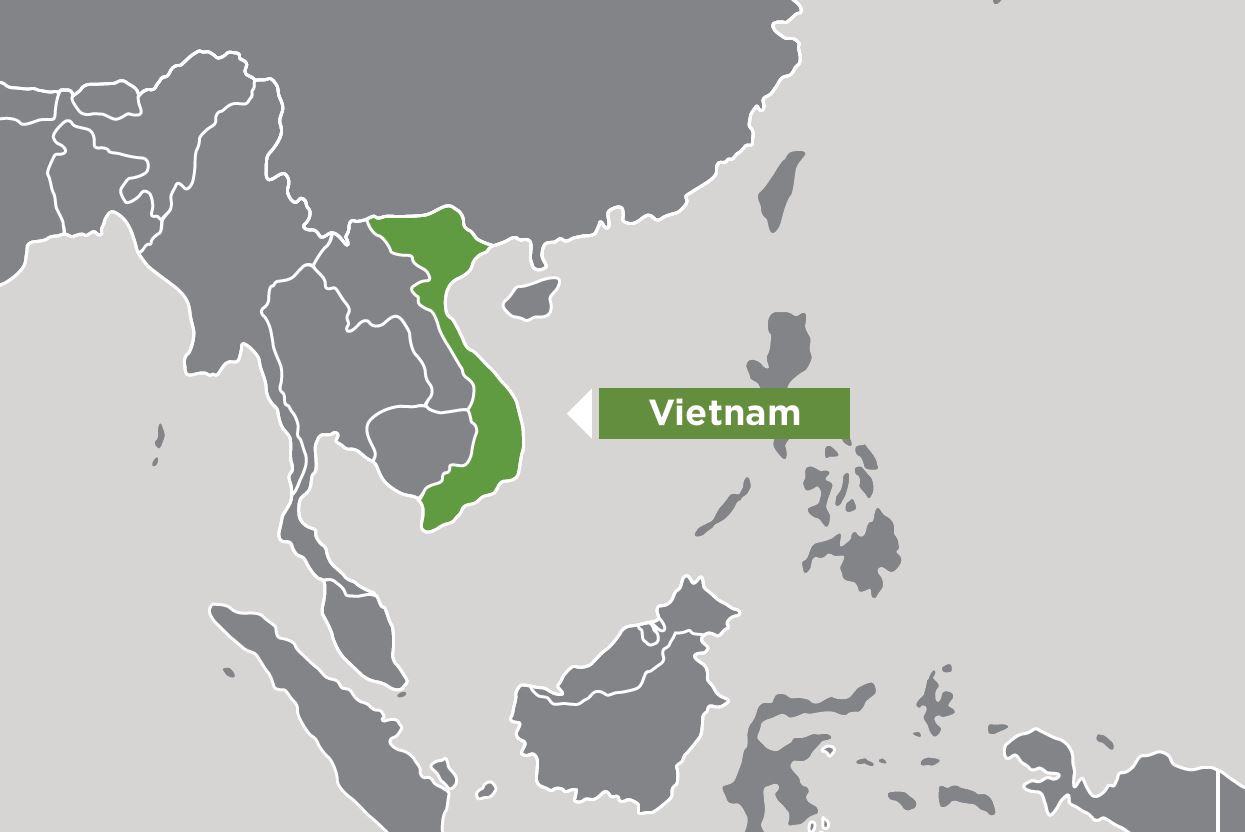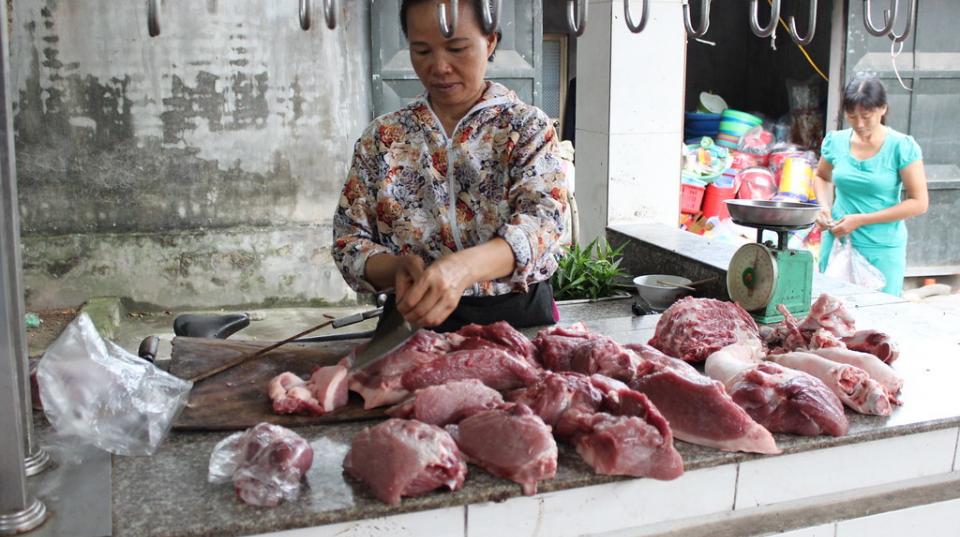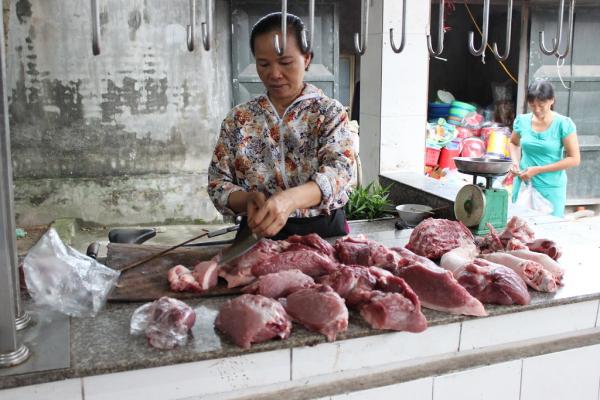Overview
This project aims to develop and evaluate market-based approaches to improving food safety, with the overall aim of reducing the burden of foodborne disease in informal, emerging formal, and niche markets targeting small- and medium-scale producers.
Food safety is a growing concern in Vietnam. Foodborne disease is a major public health problem and a barrier to smallholder farmers who wish to sell in high-value domestic and export markets. Most foodborne disease is due to livestock and fish products, or vegetables sold in informal (wet) markets. Pork is the most widely consumed meat, and nearly all is sold in wet markets that have poor food safety standards.
Alternative market approaches to improving food safety aim to change practice in informal markets (e.g. through professionalising street traders rather than removing them). The project believes these approaches are the best bet for improving food safety in mass domestic markets, but much work is needed to adapt them to national contexts and engender support from the public and private sector.
The proposed research builds on the extensive research and networks developed by the LPS/2010/047 PigRISK project, extending the ACIAR-supported research agenda from risk assessment to risk management and communication. As a result of PigRISK, the project partners have become the 'go-to' people for food safety in Vietnam.
Building on these achievements, there is opportunity to better manage these risks and understand and develop appropriate market-based approaches for improved food safety.
Summary of outcomes to date
2021–22
- A tool to rapidly assess food safety performance in pork value chains has been further validated in stakeholder meetings and will be used in upcoming food safety programs in the region but also (adapting as needed) in a major European Union development program on One Health in 11 African countries.
- Food safety interventions have been implemented in eight small-scale pig slaughterhouses (Hung Yen, Nghe An and Hoa Binh). While interventions at slaughterhouse are promising, interventions at retail progressed less due to COVID-19 restrictions. Other significant achievements include a recognized “Ban” pig value chain brand (Hoa Binh), a pro-biotic on-farm trial that concluded that antimicrobials provide no advantage (weight gain and monetary) for pig producers, and guidelines to use nudges in food safety. Risk communication efforts reached more than 400 value chain actors and local authorities, most of them are women.
- Promising impact pathways have been further developed under other food safety initiatives, e.g., SafeGRO and ASSET project. In consultations with a sub-DAH at provincial level a model slaughterhouse intervention has been scaled out.
- Linkages with private sectors partners have been put into practice in joint research (e.g., pro-biotic trial, GreenFarm & BioSpring). Thirty-seven researchers, one PhD students, and nine undergraduates are attached to the project, and capacity has been further built on animal welfare, gender, risk analysis and behavioral nudge theories. Project scientists support substantially stakeholder consultations under the Vietnam UN Food System Summit and the Food Safety Working Group. Four peer-reviewed journal articles and five briefs/manuals have been produced.







